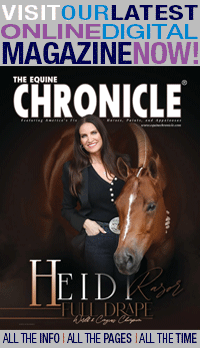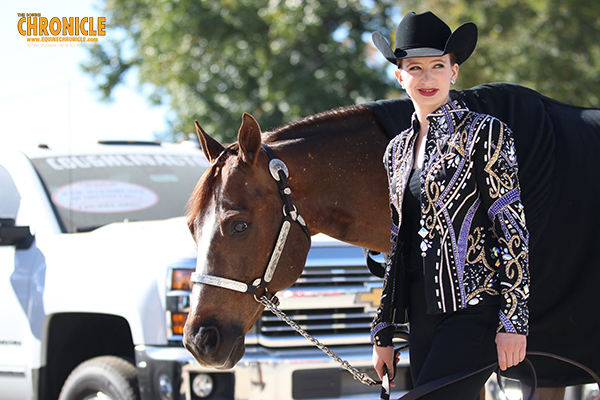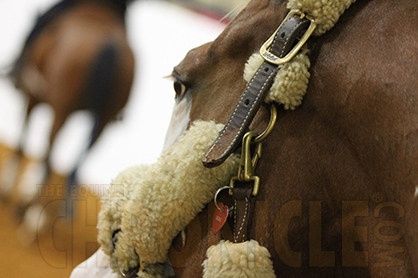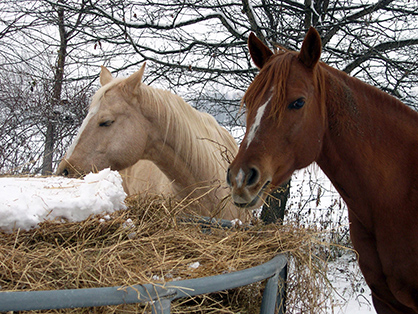Animal Foundation Creates Pet Memorial Online Community
February 25, 2022 Comments Off on Animal Foundation Creates Pet Memorial Online Community
Many of us have suffered the loss of a beloved pet. The sorrow and grief we feel for these non-human members of our family is sometimes even more devastating as we seek support, remembrance and comfort around a difficult loss. Now, Morris Animal Foundation has a new online community – Furever Memorials – where individuals […]
Continue reading …62-Year-Old Paralympian Excelling into Her 32nd Year With Multiple Sclerosis
February 24, 2022 Comments Off on 62-Year-Old Paralympian Excelling into Her 32nd Year With Multiple Sclerosis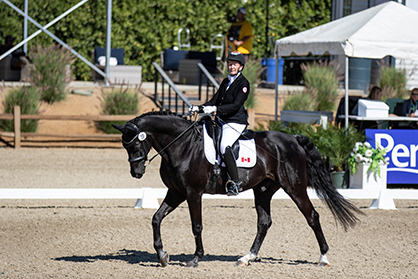
At 62, Noni is riding elegantly into her 32nd year since receiving a multiple sclerosis diagnosis. Onyx is a decidedly youthful 19.
Continue reading …Farrier Earns Research Degree, One of Two in Western US With Credential
February 17, 2022 Comments Off on Farrier Earns Research Degree, One of Two in Western US With Credential
Farriery has historically been rooted in practice-based approaches, often largely reliant on visual observations and anecdotal evidence. There is a movement to bring more data-driven science to the art of caring for horses’ hooves, and UC Davis veterinary hospital farrier Shane Westman is a big proponent. With a keen interest in research, and the opportunities available to him through his position at the UC Davis School of Veterinary Medicine, Westman recently earned a Graduate Diploma in Equine Locomotor Research (GradDip ELR) through London’s Royal Veterinary College.
Continue reading …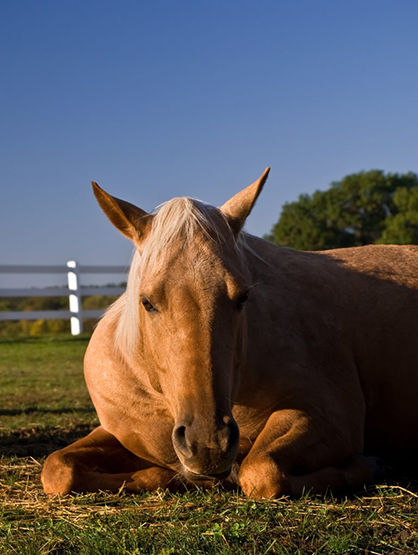
Forage is critical for hind gut fermenters. An 1,100 pound horse should consume 2.0% to 2.5 % of their body weight per day in forage (22 to 28 lbs). Horses only produce saliva when they chew, therefore feeding forage ad-lib will increase the production of saliva – one of the best buffers for the horses’ digestive system and the most effective way to reduce the chance of ulcers and impaction colic.
Continue reading …EDCC Receives Federal Grant to Promote Biosecurity Awareness, Mitigate Infectious Disease Spread
February 14, 2022 Comments Off on EDCC Receives Federal Grant to Promote Biosecurity Awareness, Mitigate Infectious Disease Spread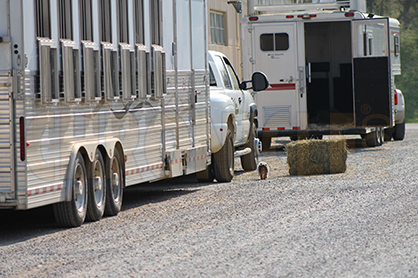
Horses are transported more than any other livestock to horse shows, racetracks, sales, breeding farms and international events, creating an increased risk for infectious disease spread within the United States. To decrease this risk, all industry participants—from horse owners to event managers—need to be aware of the need for increased biosecurity and how to use it to mitigate diseases when they occur. To assess the industry’s current level of knowledge, the EDCC will complete a survey of horse owners and veterinarians.
Continue reading …$50,000 Available for Research Investigating Interactions of Horses on Humans Who Have Experienced Trauma
February 8, 2022 Comments Off on $50,000 Available for Research Investigating Interactions of Horses on Humans Who Have Experienced Trauma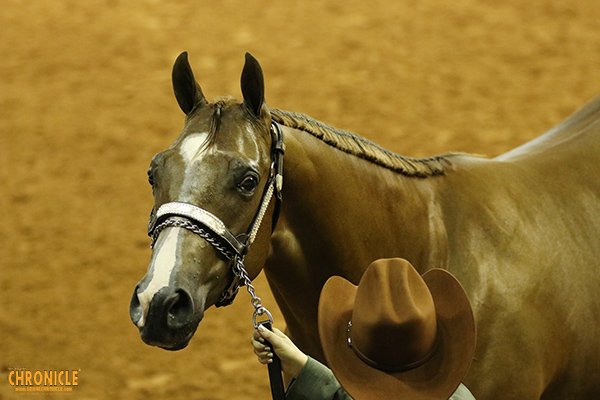
All proposals undergo a four-tier review process completed by the Scientific Advisory Council. Preference will be given to investigators with solid credentials and research experience. The maximum award is $50,000 for up to eighteen months. The winning proposal will have scientific merit, scientific and clinical significance, and relevance.
Continue reading …